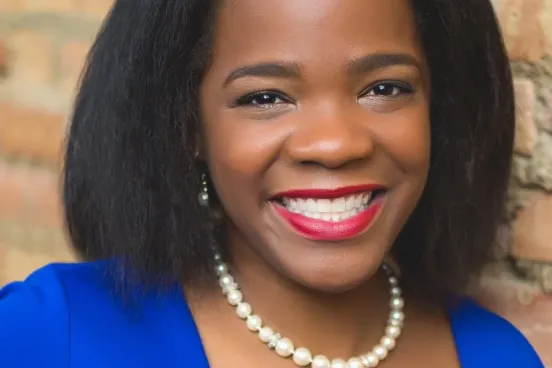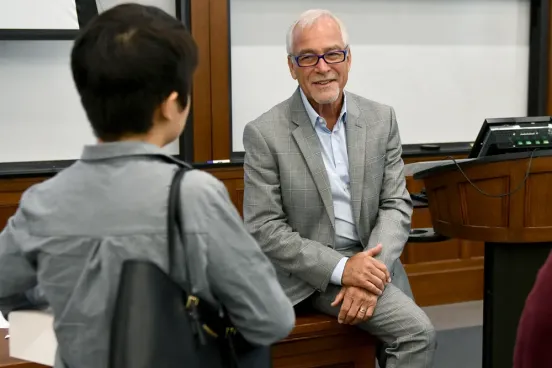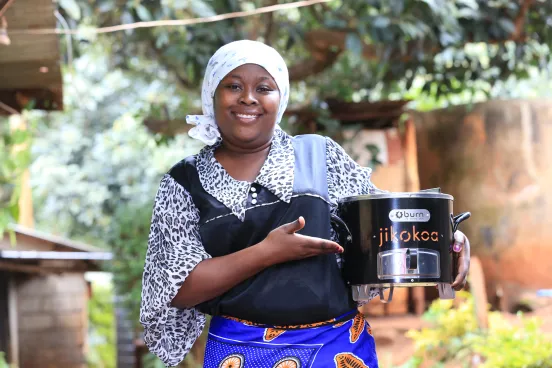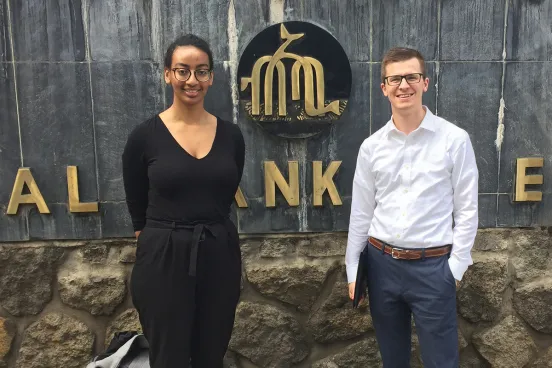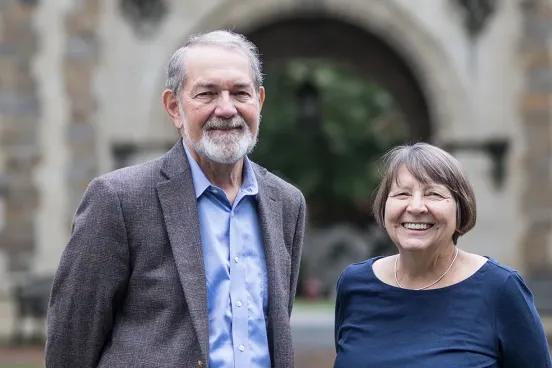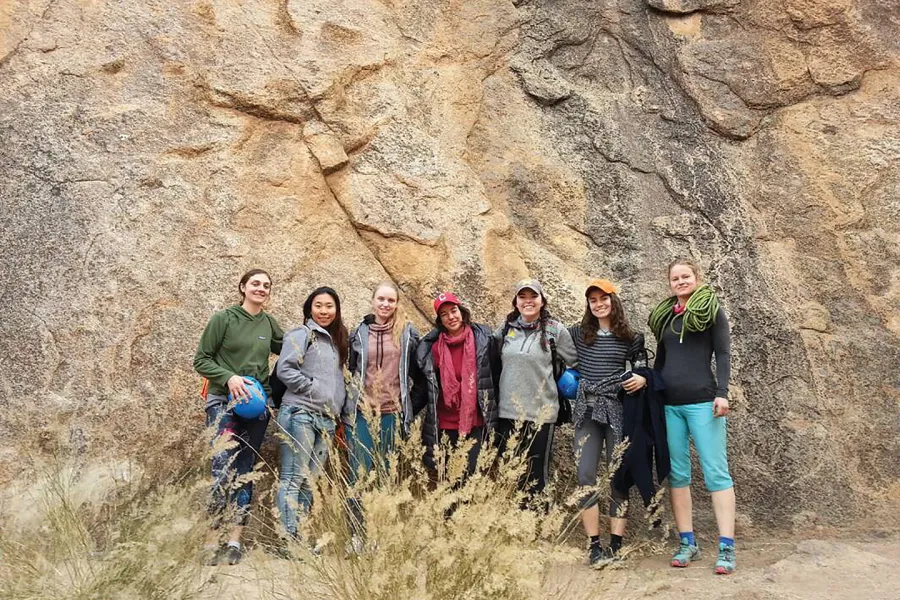
Every few weeks, a five-year-old Namibian boy named Jamal sends a WhatsApp message to Colleen Devine, Mindy Gorin, Emily Hu, and Kate Powers—2Ls who lived with his family for 10 weeks last summer.
The students were the first to be placed in Namibia as summer interns through the Law School’s Program for International Law and Development—arranged by Clinical Assistant Professor Steve Gray through his connections as a 2008–2009 Fulbright Scholar there.
Powers couldn’t wait to do human rights work abroad. “I was a non-traditional student, as I took a seven-year break between getting my undergraduate degree and going to law school,” she says. Powers spent that seven years working on behalf of Ugandan women, but did so stateside.
In Namibia, she interned with the Legal Assistance Centre, which provides legal services to protect the human rights of all Namibians. She translated the legalese of new anti-human trafficking legislation into everyday language, drafted know-your-rights pamphlets, and presented workshops.
Devine traveled internationally as an undergraduate and jumped at the chance to combine her interests in public policy, women’s studies, and public health with her passion for global experiences. She interned at the Namibia Law Reform and Development Commission, which offers suggested updates to Namibia’s laws.
“I wrote reports that compared existing Namibian legislation to similar laws in South Africa and the United States,” she says. Devine researched issues like abortion rights and mental health facility regulations, learning much about law reform.
Hu hopes to practice transactional law, but considers her time in Namibia well spent. Her internship at the Law Reform and Development Commission working with its chair, Yvonne Dausab, was inspiring.
“Dausab is an excellent role model for young women, whom she motivates with her strong leadership.” Hu was on an eight-person task force that drafted the National Equitable Economic Empowerment Bill, which focused on affirmative action measures applicable to all Namibian businesses
Namibia was Gorin’s second international trip but her first living abroad. “I knew one of the most important aspects of an international experience was to connect with people,” she says.
Her comparative work with the Legal Assistance Centre’s LEAD Land Project gave her experience dealing with future issues the nation will face, such as competition to own and develop land and natural resources—which led her to attend an anti-poaching workshop.
“I got to stay in a wildlife preserve. It was an amazing professional experience, but also my first time camping,” she says.
Gray says the students’ experiences reinforced the importance of studying legal systems other than common law.
“The practice of law is an ever-increasing global proposition. Even law students planning an entirely domestic practice are entering a market where our businesses and population are globalizing rapidly. Students who are immersed in another culture and legal system can build a global network of colleagues and acquaintances in preparation for practice in the 21st century.”



